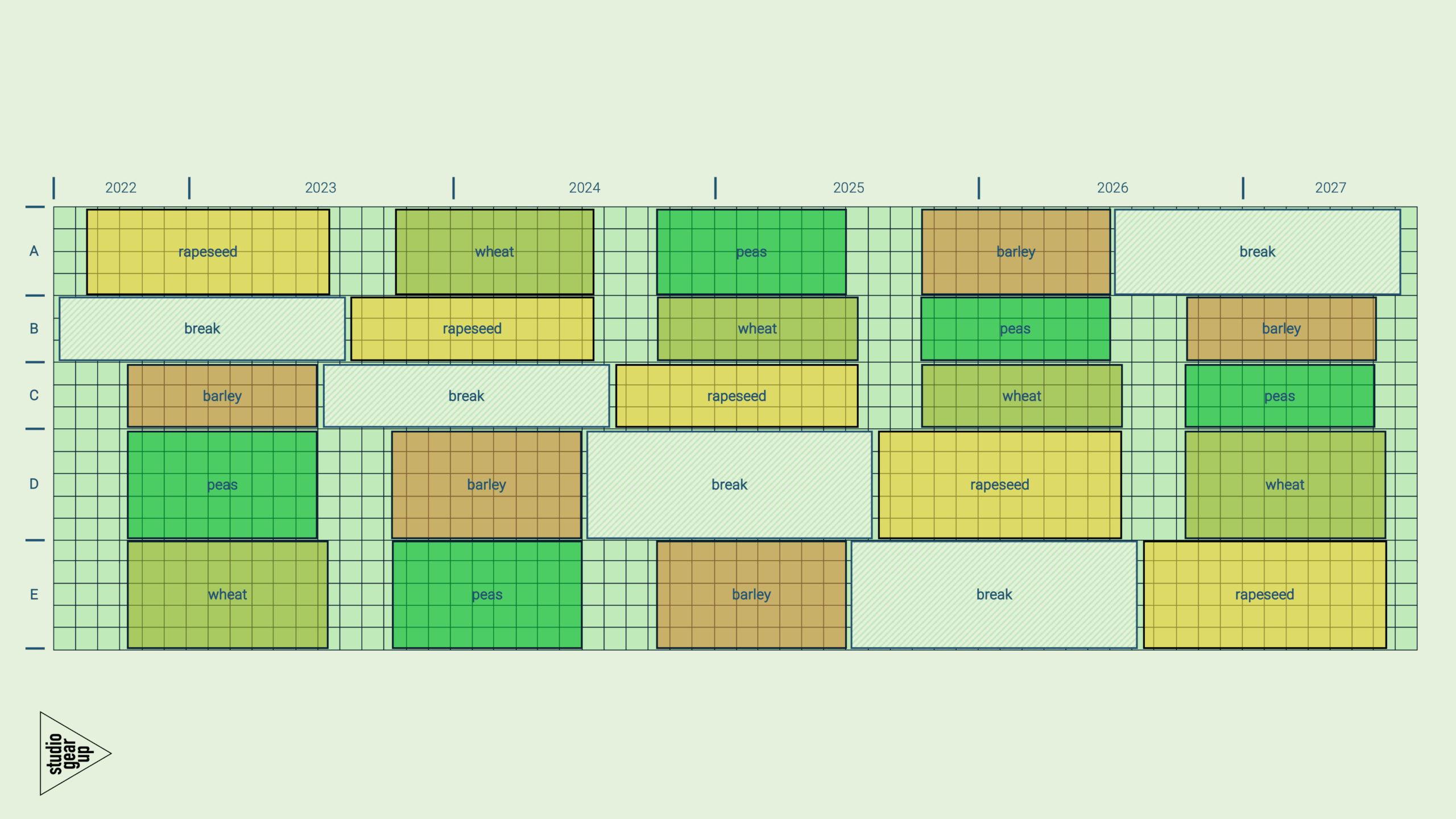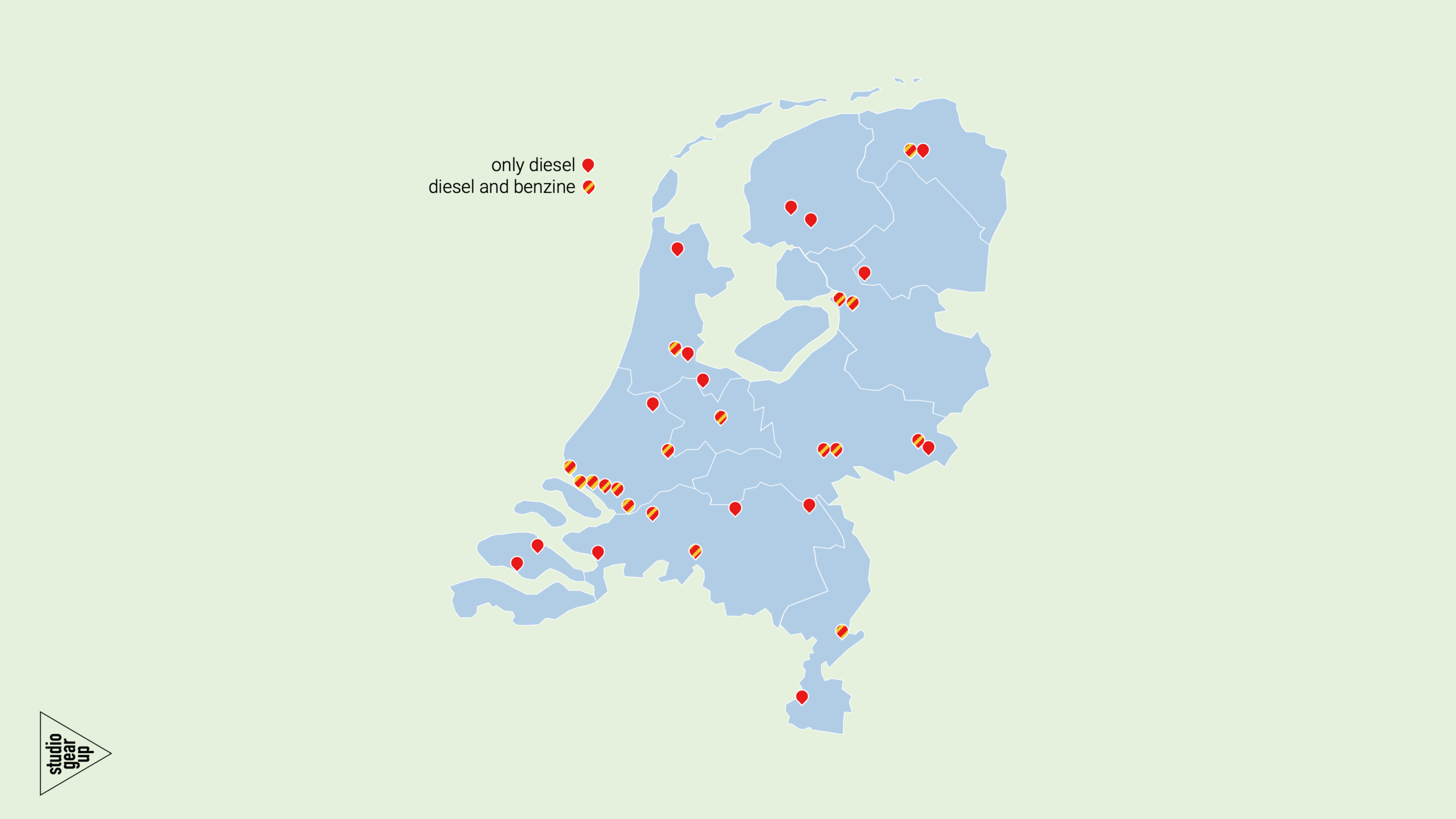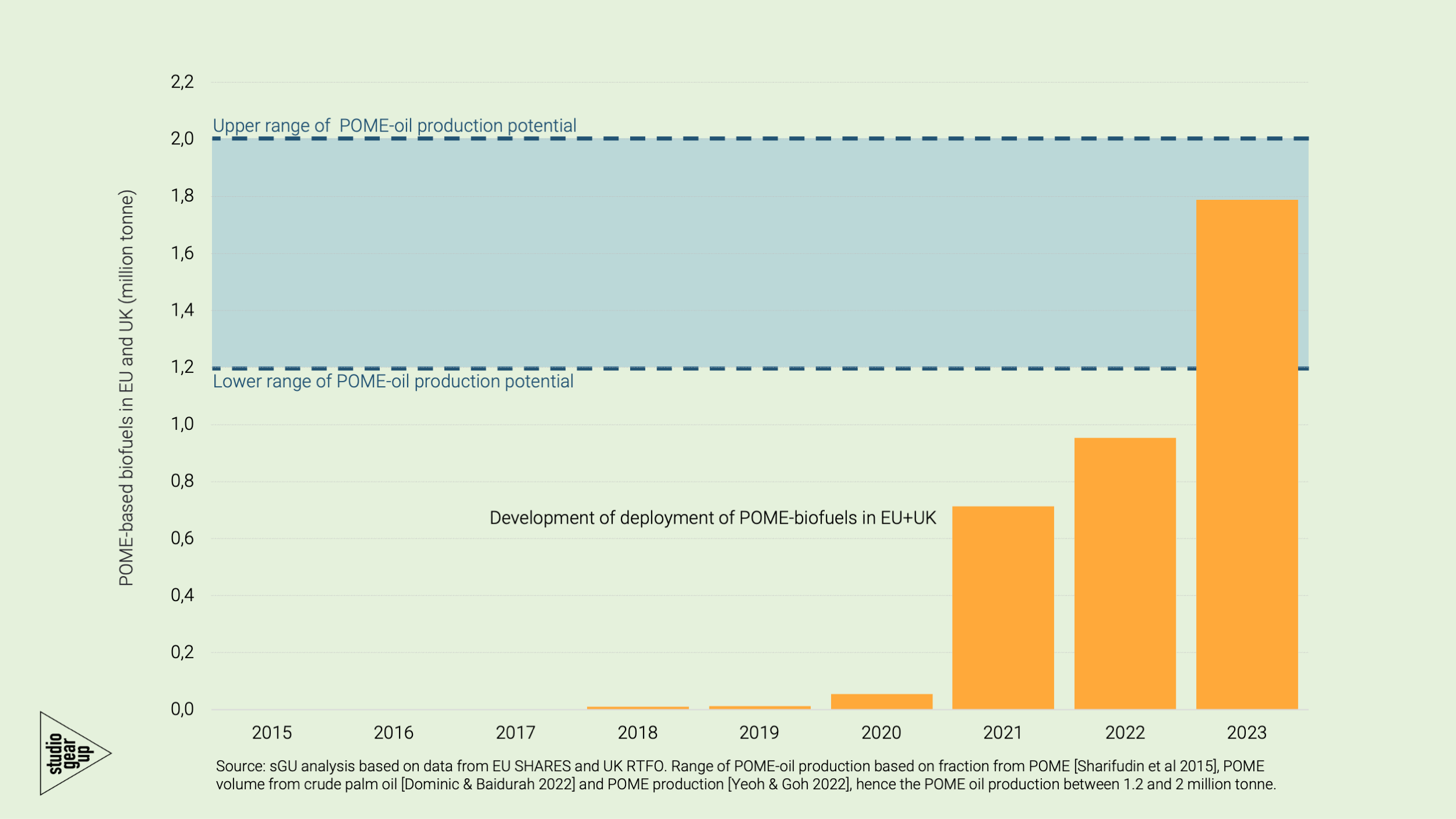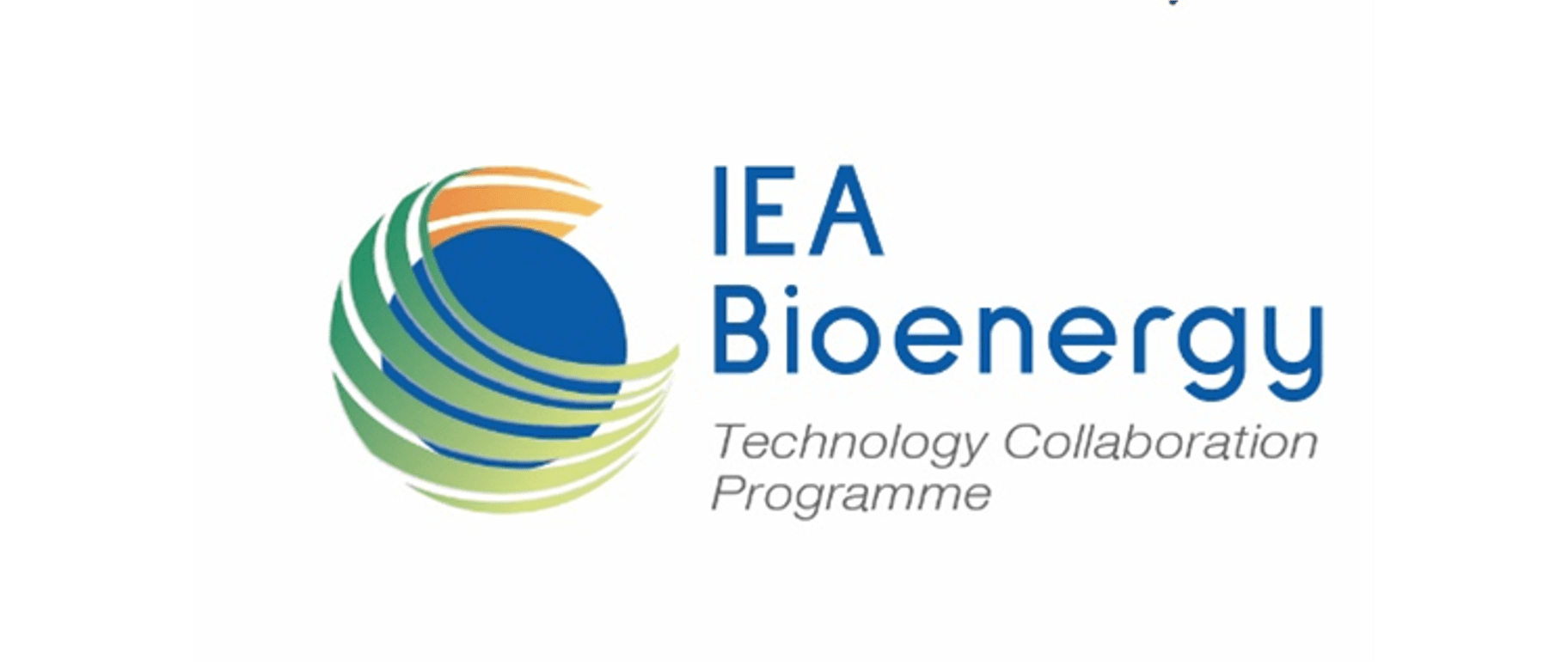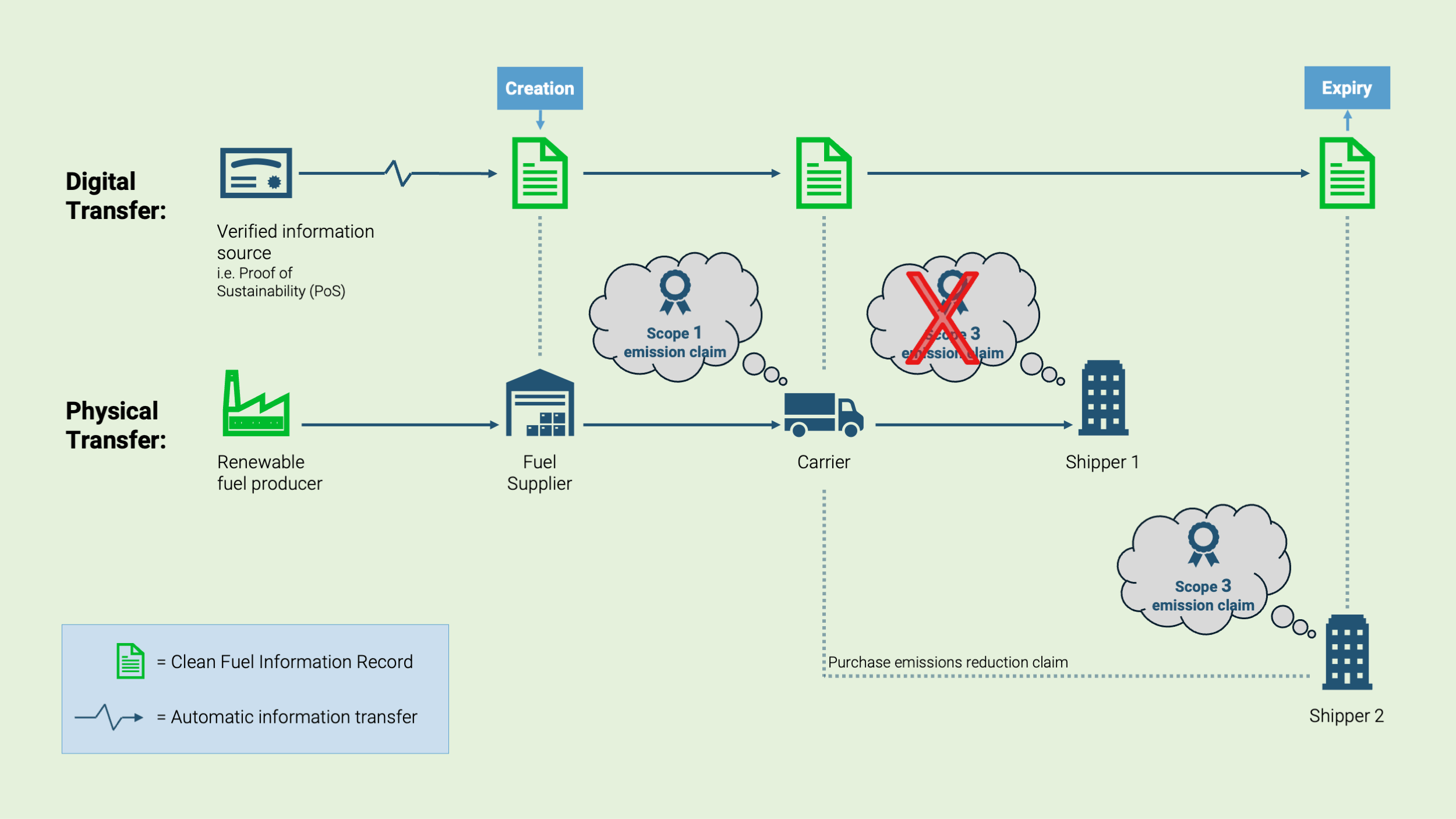sGU recommendations for practical certification guidelines intermediate crops
Intermediate crops are crops planted and harvested between main crops in a crop rotation scheme. Their development, on top of existing food and feed farm output, offer additional volumes of feedstocks for the bioeconomy without requiring additional land. studio Gear Up assessed the benefits of intermediate crops, the bottlenecks for their development and deployment and provided recommendations for certification of these crops in the frame of the Renewable Energy Directive.
sGU recommendations for practical certification guidelines intermediate crops Read More

